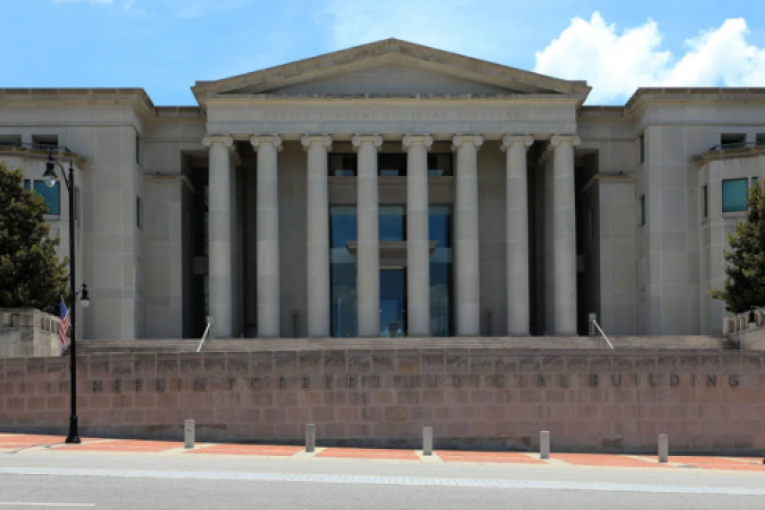
BIRMINGHAM, AL.— The University of Alabama at Birmingham has paused in-vitro fertilization (IVF) treatments following the Alabama Supreme Court ruling that found frozen embryos are children. This decision makes the University of Alabama at Birmingham the first known organization in the state to stop treatment officially.
In a historic ruling, the Alabama Supreme Court ruled that frozen embryos are children. They are making those who destroy them liable for the wrongful death of a human life. This ruling could have massive effects on infertility treatments in the state.
Critics also say the ruling could soon have consequences nationally as other states try to emulate the ruling. Already, religious groups in Florida are using the ruling in Alabama as a precedent in abortion rights cases.
Deputy executive director of the legal advocacy group Pregnancy Justice spoke out, “This is part of a long and strategic march towards entrenching this ideology of fetal personhood, that is at the heart of controlling pregnant people, their decisions, and their birth outcomes,”
The Alabama ruling comes from lawsuits filed by three separate sets of parents who underwent in-vitro fertilization (IVF). In December 2020, the parents walked into a Mobile hospital and removed their own previously frozen embryos without security clearance. The parents injured their hands due to the low temperature at which the embryos were stored and dropped the embryos, rendering them not viable and killing them in the process.
The parents were sued for wrongful death, but the claims were dismissed. In this case, the embryos were deemed not to fit the definition of a “person” or a “child.” This recent ruling is a reversal of those claims. They are claiming now that unborn children, in the form of embryos, are children and are covered by the state laws of Wrongful Death of a Minor.
While the court’s decision does not explicitly prohibit IVF, it could have grave consequences on the fertility industry in the state of Alabama. It is predicted that the decision will likely raise the already high costs of infertility treatments substantially. Also, it will discourage many healthcare providers from storing frozen embryos in the state.
University of Alabama at Birmingham announced it is pausing IVF treatments while the court was making its decision. They put out a statement saying, “We are saddened that this will impact our patients’ attempt to have a baby through IVF, but we must evaluate the potential that our patients and our physicians could be prosecuted criminally or face punitive damages for following the standard of care for IVF treatments,”
Following this statement, the Alabama Medical Association warned that other health systems will likely follow in the university’s footsteps.